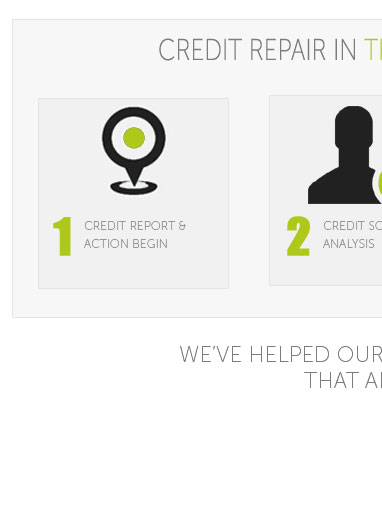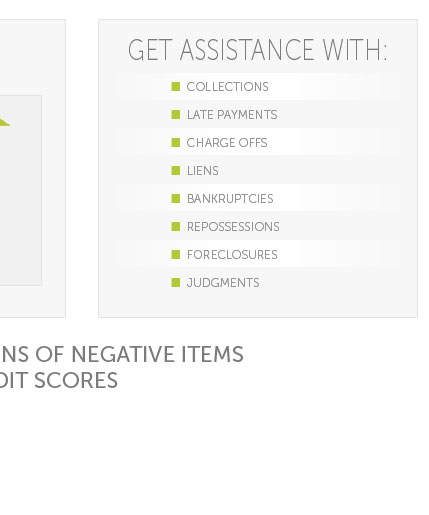 |
|||
|---|---|---|---|
 |
 |
 |
|---|---|---|
 |
||
 |
 |
 |
 |
|---|---|---|
 |
Unlock your financial freedom with our unmatched credit repair services at 'Fix My Credit'-where we don't just repair, we revolutionize your credit profile with precision and expertise; imagine a life where your dreams are fueled by powerful credit scores, opening doors to opportunities once thought unreachable-experience the transformation as we meticulously analyze, dispute, and rebuild your credit, empowering you to seize control of your financial future with confidence and ease.
https://www.experian.com/blogs/ask-experian/how-to-repair-credit/
How to Repair Your Credit in 11 Steps - 1. Check Your Credit Report - 2. Dispute Credit Report Errors - 3. Bring Past-Due Accounts Current - 4.
How to Repair Your Credit in 11 Steps - 1. Check Your Credit Report - 2. Dispute Credit Report Errors - 3. Bring Past-Due Accounts Current - 4.
https://consumer.ftc.gov/articles/fixing-your-credit-faqs
No one promising to repair your credit can legally remove information if it's both accurate and current. Sometimes companies will say they can help, but many ...
No one promising to repair your credit can legally remove information if it's both accurate and current. Sometimes companies will say they can help, but many ...
https://www.creditrepair.com/fix-my-credit
Need help fixing your credit? Turns out millions of people have inaccurate or unfair negative items wrongfully hurting their score. CreditRepair.com is here ...
Need help fixing your credit? Turns out millions of people have inaccurate or unfair negative items wrongfully hurting their score. CreditRepair.com is here ...